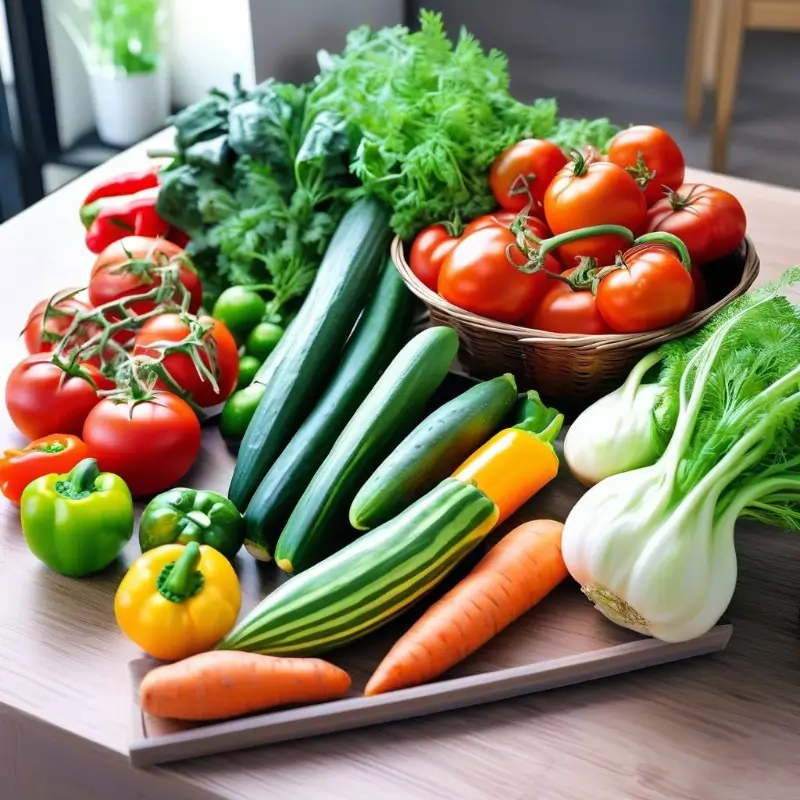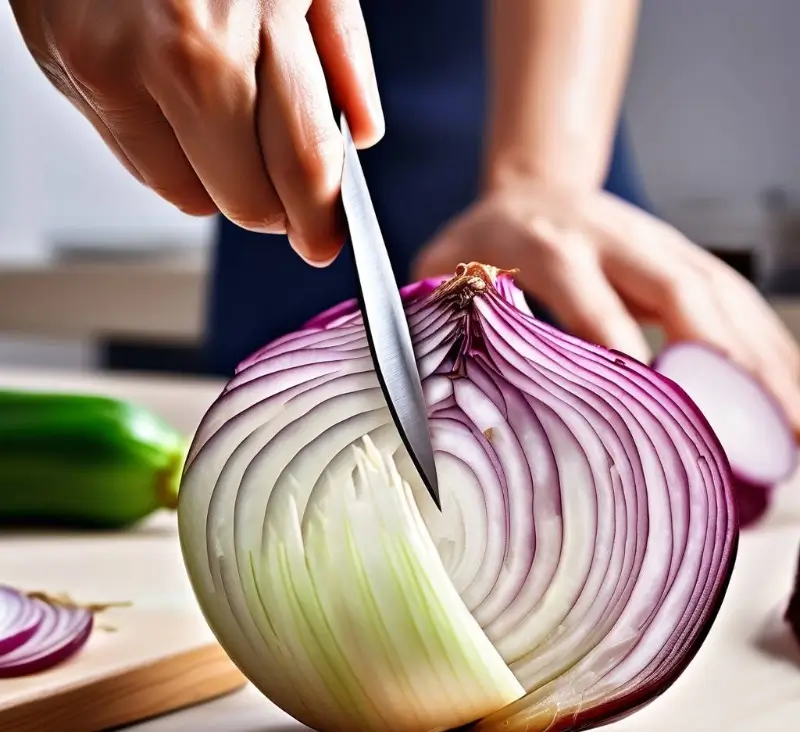why is organic food so expensive?
The cost of organic food is often higher than that of conventional food for several reasons:
- Larger Initial Investment: Organic farming requires a significant initial investment in seeds, equipment, and infrastructure that is compatible with organic standards.
- Lower Yields: Organic farming often yields less per acre than conventional farming due to the avoidance of synthetic fertilizers and pesticides, which can maximize crop production.
- Labor Intensive: Organic farming is more labor-intensive. Hand weeding, for example, is common because the use of synthetic herbicides is prohibited.
- Certification Costs: Producers of organic food must meet strict government standards and pay for the certification process, which adds to the cost of the product.
- Marketing and Distribution: Organic food often requires more expensive marketing and distribution strategies to reach consumers who are willing to pay a premium for organic products.
- Supply and Demand: The demand for organic food has been growing steadily, but the supply has not always kept pace, allowing retailers to charge higher prices.
- Transportation and Storage: Organic food may require more careful transportation and storage to maintain its quality, which can also add to the cost.
- Avoidance of Cost-cutting Measures: Organic farmers typically do not use the cheapest inputs, such as genetically modified organisms (GMOs), synthetic fertilizers, or pesticides, which can lower production costs in conventional farming.
- soil Health and Long-term Sustainability: Organic farming focuses on building soil health and long-term sustainability, which can increase short-term costs but have benefits for the environment and future harvests.
- Consumer Preferences: Consumers are often willing to pay more for organic food due to perceived health benefits and ethical considerations, which justifies higher prices.
While organic food may be more expensive, many consumers choose to buy it for health, environmental, and ethical reasons, and the trend toward organic farming is supported by government policies in many countries that provide incentives for sustainable agricultural practices.



